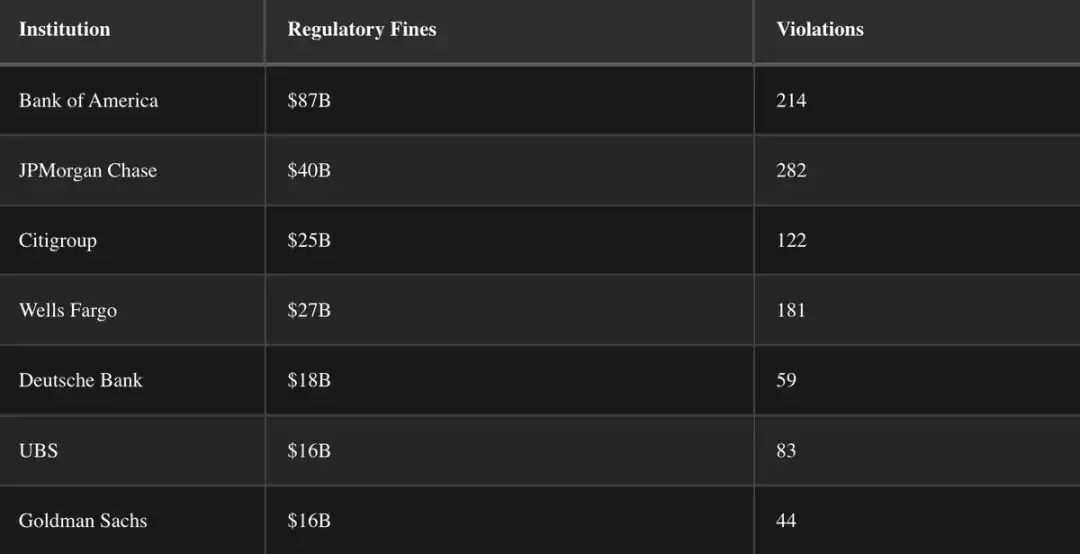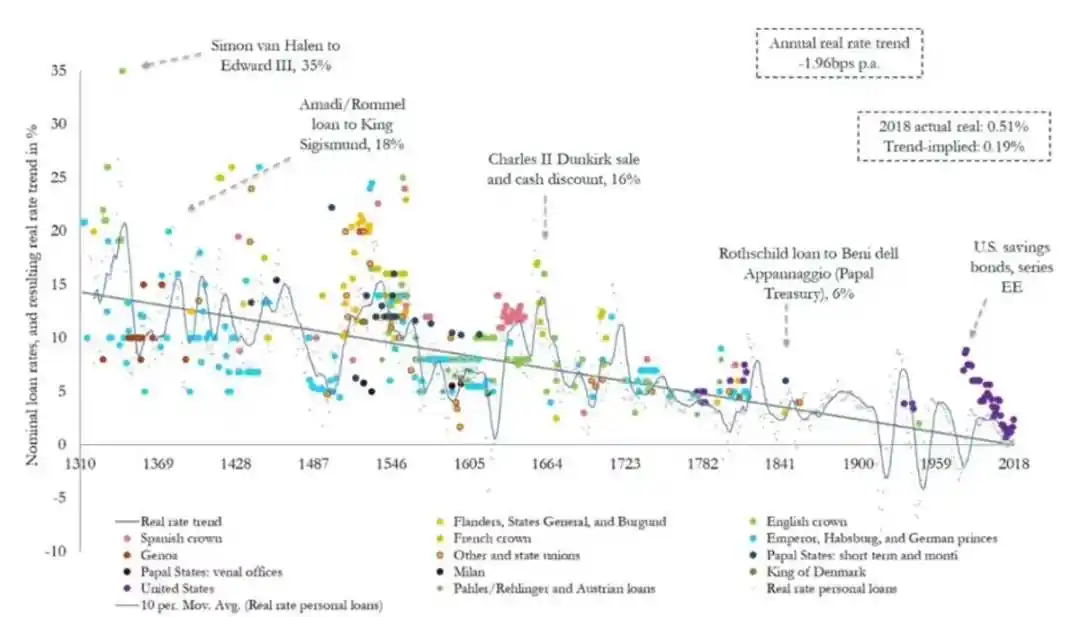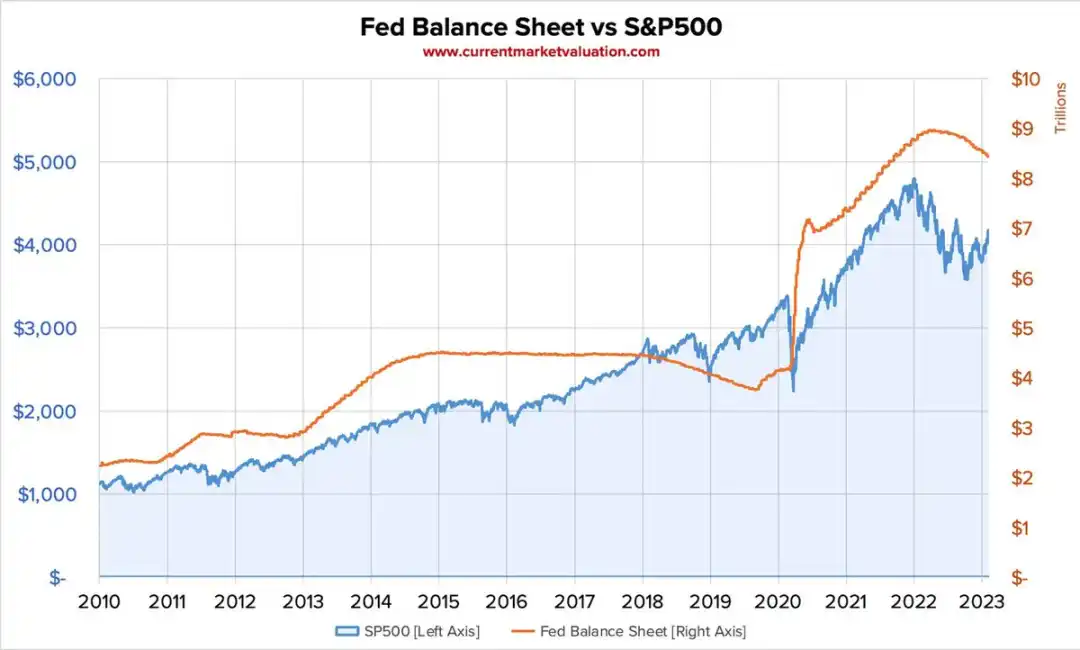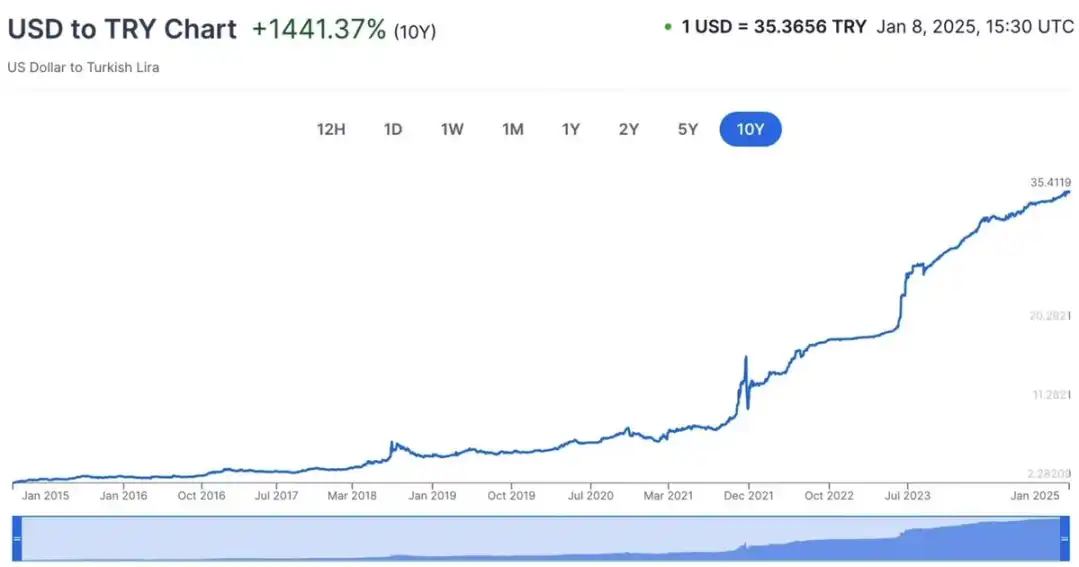Why is DeFi crucial to the future of finance?
DeFi breaks down geographical and identity barriers, offering censorship-resistant and borderless financial tools, becoming an important supplement to the traditional system. Traditional banks have long been plagued by risks and conflicts of interest, while DeFi, through stablecoins, non-custodial wallets, and on-chain protocols, provides solutions for people affected by inflation, capital controls, and financial repression. Its transparent and permissionless architecture enhances accessibility and autonomy, driving financial innovation. In the future, finance may take on a hybrid form, with traditional institutions pragmatically integrating with decentralized infrastructure. DeFi fills the gaps in traditional systems and gradually promotes the realization of blockchain-based settlement layers.
The architecture of DeFi unleashes new financial freedom, breaking down barriers of geography, identity, and institutions.
Practical Use Cases of DeFi
· The traditional banking system remains the foundation of finance, but for a long time it has suffered from systemic risks, regulatory failures, and conflicts of interest.
· Decentralized Finance (DeFi) offers permissionless access to financial tools—censorship-resistant, borderless stablecoin usage, and transparent yield generation.
· The future financial landscape will emerge from a pragmatic integration between traditional institutions and decentralized infrastructure.
The global financial system is built on a vast network of intermediaries, processing trillions of dollars in transactions every day. Historically, this architecture has indeed supported global trade and capital flows, but it has also introduced bottlenecks, inefficiencies, and systemic risks.
Technology keeps advancing, yet traditional institutions remain deeply entrenched—not only operationally, but also politically and socially. Some institutions are considered "too big to fail," while others go bankrupt quietly. Despite the prominence of many institutions, their histories are still tainted by regulatory violations and unresolved conflicts of interest.

These phenomena reflect a deeper systemic issue—not just insufficient regulation, but a design flaw.
Worse still, the boundaries between regulators and the regulated are often blurred. Former SEC Chairman Gary Gensler worked at Goldman Sachs for 18 years before regulating Wall Street; Federal Reserve Chairman Jerome Powell accumulated considerable investment banking wealth before setting monetary policy; former U.S. Treasury Secretary Janet Yellen received over $7 million in speaking fees from financial institutions she would later regulate.
Admittedly, professional expertise between the public and private sectors can be compatible, but this "revolving door" phenomenon is nothing new—it has almost become the norm.
The Mission and Mechanism of Central Banks
In 1913, after a series of bank runs, the Federal Reserve was established. Designed by financiers such as J.P. Morgan, the Fed is a quasi-governmental institution: theoretically accountable to Congress, but in practice operating independently.
In 1977, the Fed's dual mandate was officially established:
· Maximize employment
· Maintain price stability (currently interpreted as about 2% inflation)
Although monetary policy continues to evolve, its main tools remain the same: interest rate adjustments, balance sheet expansion, and open market operations.
Since 2012, the Fed has explicitly set a 2% annual inflation target, which has had a broad impact on asset values and the purchasing power of the dollar. From a long-term historical perspective, interest rates have shown a steady decline.

As the financial system becomes more complex and interconnected, borrowing costs continue to fall.
Value and Perception
Since 2008, the correlation between the Fed's balance sheet and the S&P 500 Index has grown stronger, raising questions about the long-term effects of monetary expansion.

Some argue that, thanks to its global dominance, the U.S. can "print money freely" with relatively minor consequences; the dollar's reserve currency status and global trust in U.S. institutions provide a buffer against inflation erosion. But not all countries enjoy such privileges. In many parts of the world, especially where goods and services are not priced in dollars or euros, DeFi is not an option, but a necessity.
In developed economies, people can discuss the theoretical benefits of decentralization; but for billions in less developed regions, they face real problems that traditional banks cannot or will not solve: currency devaluation, capital controls, lack of banking infrastructure, political instability. These require solutions outside the traditional system.
Stablecoins and Inflation Resistance
Between 2021 and 2022, Turkey experienced severe economic turmoil, with year-on-year inflation reaching as high as 78.6%.

For ordinary people, local banks could not provide effective countermeasures, but DeFi could. Through stablecoins and non-custodial wallets, people could avoid asset devaluation, conduct global transactions, and bypass unfair capital controls—all enabled by open-source tools accessible to anyone.
These wallets require no bank account, no cumbersome paperwork, just a private key or mnemonic phrase to access on-chain accounts.
Censorship Resistance
The bank accounts of many truck drivers protesting at the U.S.-Canada border were frozen by authorities, preventing them from repaying loans and purchasing necessities—even though they had not violated any specific laws.
In centralized systems, financial autonomy is not a given, whereas DeFi offers a different model: built on open infrastructure, governed by code rather than regional policies.
Yield and Innovation
DeFi protocols have redefined financial primitives: lending, trading, insurance, etc., but these innovations come with new risks.
Some protocols have collapsed, malicious actors have been exposed, but the market naturally selects sustainable innovations. Survivors—such as Automated Market Makers (AMMs) and liquidity pools—represent DeFi best practices: building transparent, permissionless infrastructure that distributes trading fees to liquidity providers, instead of concentrating market-making profits in the hands of a few gatekeepers.

This is a fundamentally different model from traditional finance—access to traditional markets, especially market-making, is highly restricted and lacks transparency.
A Balanced Future
At least in the short term, the future of finance will not be fully decentralized or fully centralized, but rather a hybrid. DeFi is not a complete replacement for traditional finance, but it does fill the gaps ignored by the traditional system: accessibility, censorship resistance, and transparency. In economies plagued by regional inflation or financial repression, DeFi is already addressing everyday problems.
In countries like the U.S. where the banking system is safer, DeFi's value proposition also holds, but more in theory. For most people in stable economies, traditional banks still offer convenience, consumer protection, and reliability that DeFi has yet to fully match. Once traditional financial infrastructure upgrades to a blockchain-based settlement layer, this theory will gradually become reality.
Until then, some will pursue financial sovereignty, some entrepreneurs will build at the frontier, and some smart money will use DeFi primitives to achieve higher risk-adjusted returns—of course, accompanied by a large number of meme coins and airdrop activities.
What Do Others Think?
"The goal of DeFi is not to fight traditional finance, but to build an open and accessible financial system that complements existing infrastructure." — Ethereum co-founder Vitalik Buterin
"DeFi protocols represent a paradigm shift in financial infrastructure, offering programmable and transparent alternatives to traditional financial services." — Dr. Fabian Schär, Professor of Distributed Ledger Technology at the University of Basel
"While DeFi platforms may offer promising technological innovation, they still need to operate within a framework that protects investors and maintains market integrity." — Former U.S. SEC Chairman Gary Gensler
Why DeFi Matters
In a world of economic volatility and lack of institutional trust, decentralized systems are gradually demonstrating their capabilities: leveraging new blockchain attributes to enhance traditional payments and financial operations.
The architecture of DeFi—permissionless, global, transparent—unleashes new financial freedom, breaking down barriers of geography, identity, and institutions. Smart contracts automate complex processes, reduce costs, and eliminate friction—things traditional infrastructure cannot achieve.
Risks still exist, but progress is being made.
Disclaimer: The content of this article solely reflects the author's opinion and does not represent the platform in any capacity. This article is not intended to serve as a reference for making investment decisions.
You may also like
AiCoin Daily Report (August 28)
The Impact of Developer Protections on Tech Sector Growth


How do crypto mining companies leverage small arrangements for big profits?
Tax arrangements are not a one-size-fits-all formula but need to be "tailor-made" according to the specific circumstances of each enterprise.

